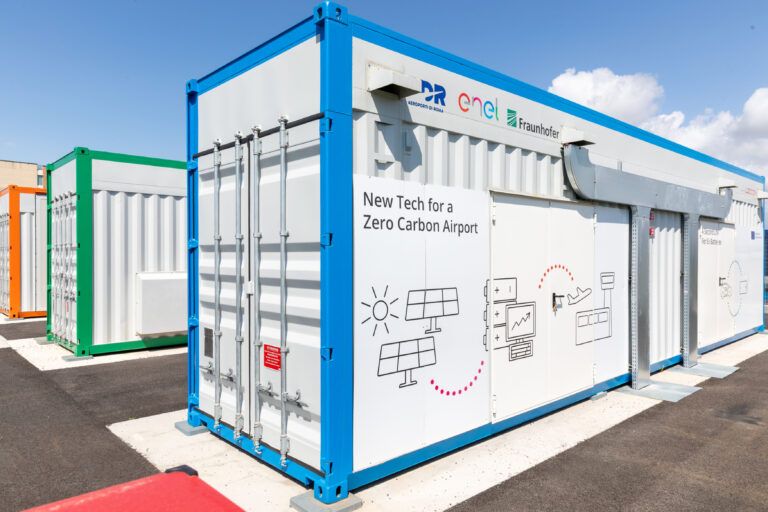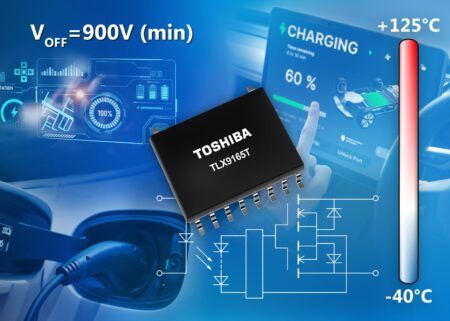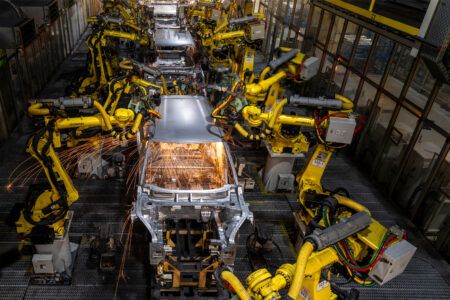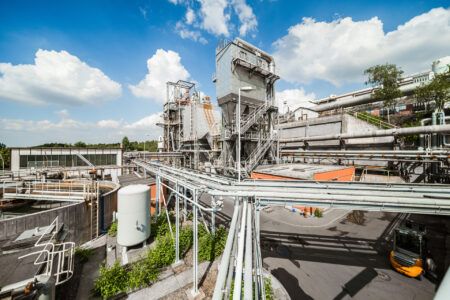Rome’s Fiumicino Airport, Italy’s largest international transport hub, has incorporated 84 recycled Nissan Leaf batteries into a pioneering battery energy storage system (BESS) as part of its commitment to achieve net-zero emissions by 2030.
The batteries, sourced from high-mileage vehicles and warranty returns, contribute 2.1 megawatt-hours of storage capacity to a larger 10-megawatt-hour BESS operated by energy company Enel. The initiative, called Pioneer and co-funded by EU Innovation Funds, demonstrates how end-of-life EV technology can serve new purposes in large-scale energy applications.
Nissan supplied the reconditioned Generation 3 and Generation 4 Leaf batteries to system integrator Loccioni, which integrated them into Enel’s storage network. The company expects the second-life batteries to remain operational for six to seven years, even with daily use at the airport facility.
The storage system works alongside a solar farm featuring 55,000 panels that generates 31 gigawatt-hours of renewable electricity annually. Together, they provide clean power to airport terminals while offering flexible grid services to Aeroporti di Roma, the airport operator.
“This project not only demonstrates the long-term viability of repurposed EV batteries in demanding environments, but underscores Nissan’s commitment to sustainable end-of-life battery management,” said Soufiane El Khomri, Nissan Energy Director for Africa, Middle East, India, Europe and Oceania.
The automotive manufacturer handles technical integration, battery lifespan simulation, and performance warranties for the storage system. Once the batteries complete their service life in this application, Nissan takes responsibility for their recycling.
Enrico Loccioni, President and founder of system integrator Loccioni, said the project creates “a bridge between two worlds on their way to decarbonization: energy and mobility.”
The Rome airport project builds on similar Nissan collaborations, including energy storage systems in Spain and other European locations. El Khomri noted that the reuse strategy supports both large industrial projects and potential residential applications, such as backup power during outages, as the company expands its battery recycling and reuse operations.





